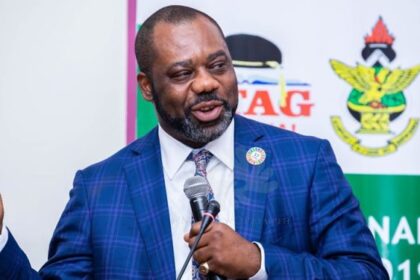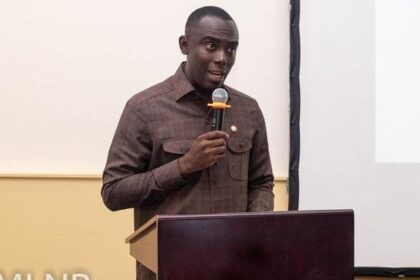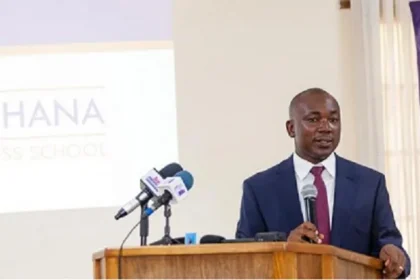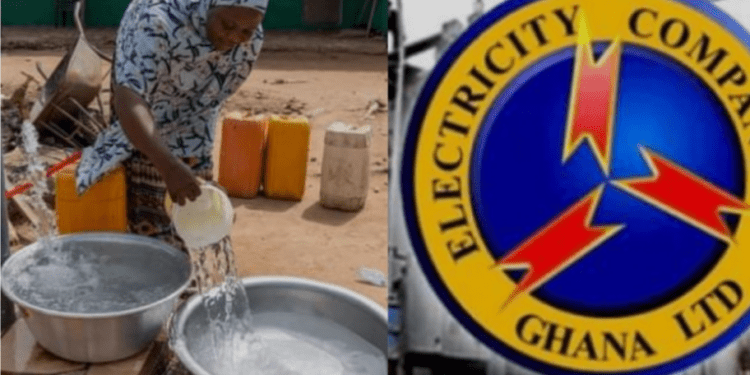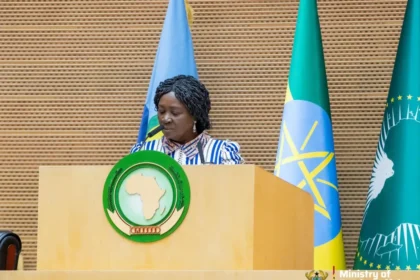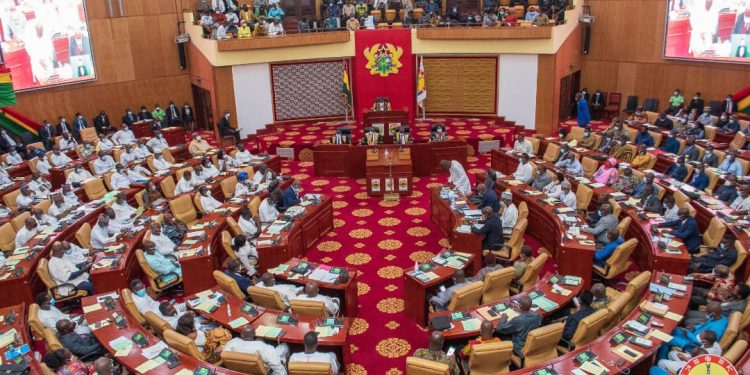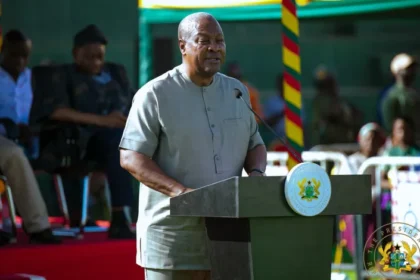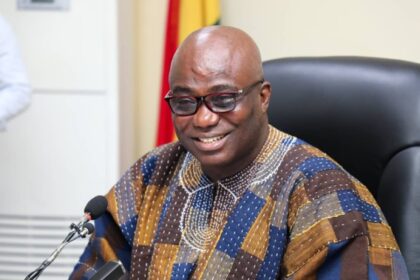Ghana has earned praise for its efforts in fighting money laundering and financial crimes, with the country being recognised as a model for the West African region.
Edwin W. Harris Jr., Director General of the Inter-Governmental Action Group Against Money Laundering in West Africa (GIABA), commended Ghana for its strong institutional framework and political will in tackling financial crimes. He cited the establishment of the Financial Intelligence Centre, the work of EOCO, law enforcement agencies, and President Mahama’s firm commitment to the fight as clear indicators of Ghana’s dedication.
Harris made the remarks during an interview following the conclusion of a three-day regional training programme for investigative journalists in Bissau, Guinea-Bissau. The training, organised by GIABA, brought together 40 journalists from ECOWAS member states and aimed to enhance their capacity to report on economic and financial crimes.
Ghana a Regional Example
“Ghana stands out as one of the countries in our region doing exceptionally well. It was the first to undergo a second-round mutual evaluation, and in terms of effectiveness, it performed better than most member states,” Harris said.
He acknowledged that while Ghana had previously appeared on both the FATF grey list and the EU blacklist, the country made significant progress and was successfully removed in 2021.
Current Evaluation and Areas of Concern
GIABA has now commenced a third round of mutual evaluation for Ghana. While the assessment is ongoing, Harris noted early signs of improvement in the country’s anti-money laundering (AML) systems and financial crime prevention efforts.
Mutual evaluation is a peer-review mechanism through which ECOWAS countries assess each other’s performance in combating money laundering and terrorist financing. Though it carries no penalties, poor outcomes can damage a country’s reputation and deter foreign investment.
This round of evaluation for Ghana is being conducted by assessors from Nigeria, Sierra Leone, and Liberia, with additional participation from either Germany or Italy.
Despite the progress, Harris highlighted ongoing challenges, especially within the judiciary, where limited expertise in financial crimes can hinder prosecutions.
“Judges often lack in-depth knowledge of anti-money laundering and financial crime cases, which complicates effective prosecution,” he explained.
To address this, GIABA plans to collaborate with member states to organise regional training for judges and prosecutors, aimed at strengthening judicial understanding and capacity in handling complex financial crime cases.
Call for Continued National Support
Harris urged key institutions in Ghana to rally behind President Mahama’s renewed declaration of war on financial crimes, noting that a united front would enhance national security, attract investment, and promote long-term peace and stability.
“Supporting this agenda will not only benefit Ghana but will also contribute to broader prosperity across the region,” he said.








